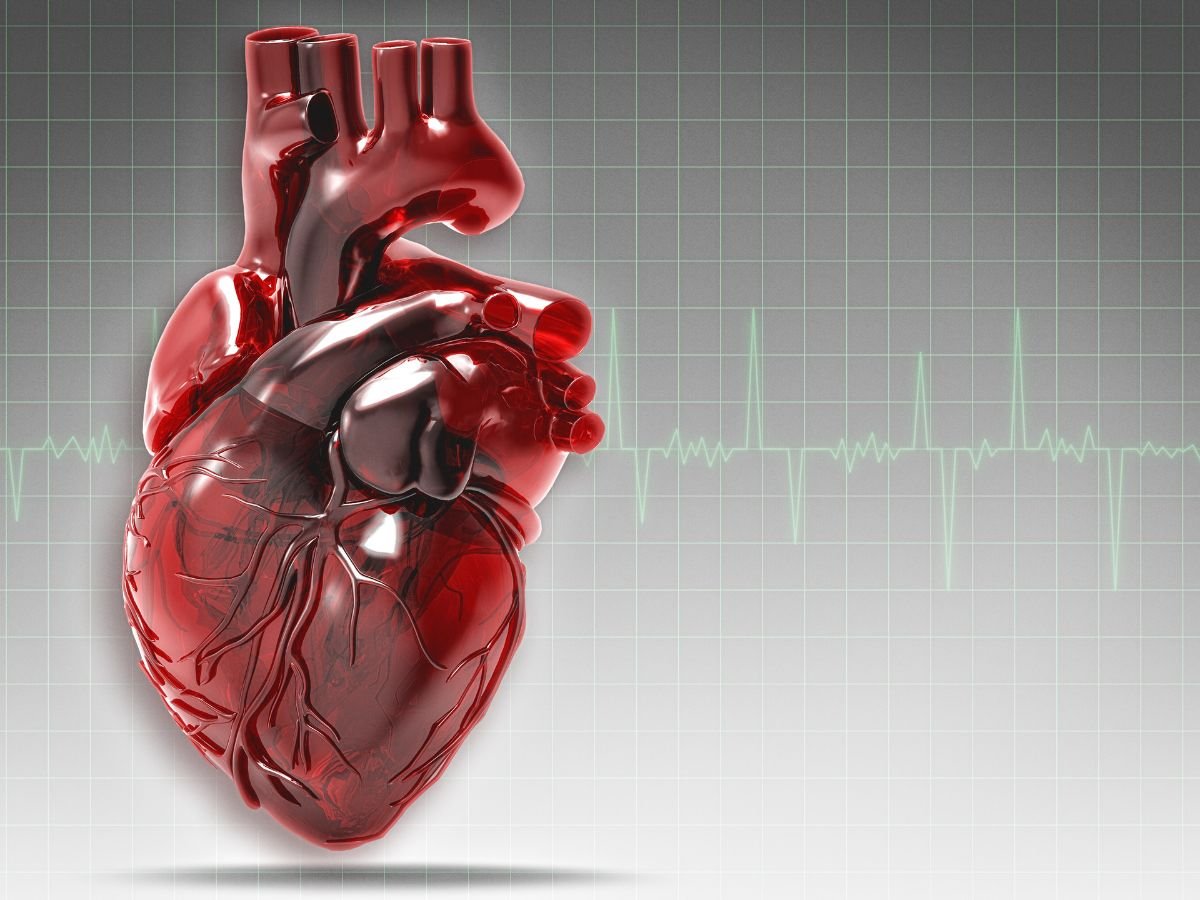New Delhi, 17 November 2024: Recent findings have revealed a troubling connection between body temperatures reaching 100 degrees Fahrenheit and the occurrence of irregular heartbeats in patients with implanted defibrillators. This study sheds light on the risks these individuals face and raises important concerns about managing their health during hot weather. Why does this matter? It stresses the need for greater awareness and careful monitoring of heart health when temperatures rise. For patients with defibrillators, grasping the implications of this research is vital.
The Study’s Findings: A Detailed Examination
The research team delved into data from patients with implanted defibrillators over a set time frame. They found that when body temperatures climbed to 100 degrees Fahrenheit or higher, there was a significant rise in irregular heartbeats, known medically as arrhythmias. This suggests that even minor increases in temperature can greatly affect heart function in those at risk, highlighting the urgency for more in-depth studies in this field.
Who is Affected? Identifying Those at Risk
The primary individuals at risk are those with implanted defibrillators, typically patients who have faced serious heart issues like arrhythmias or heart failure. These devices serve to monitor heart rhythms and deliver shocks when dangerous arrhythmias occur. However, new research indicates that patients might be even more vulnerable during episodes of elevated body temperatures. Therefore, healthcare providers need to closely track these patients, especially during heat waves or in warmer regions.
The Mechanism Behind the Connection
While the exact process through which high body temperatures lead to irregular heartbeats is still being explored, researchers believe that heat can influence the heart’s electrical activity, potentially making cardiac tissues more excitable. This uptick in excitability could heighten the chances of arrhythmias. Additionally, dehydration and heat stress can worsen this situation, posing serious risks for those with implanted defibrillators.
Implications for Patient Care
Given these findings, there are key implications for how healthcare providers care for patients with implanted defibrillators. New monitoring guidelines may be necessary during heat waves, advising patients to stay hydrated, avoid intense activities in the heat, and regularly check their body temperatures. Furthermore, educational programs could play a vital role in informing patients about potential risks linked to higher temperatures and effective ways to manage their well-being.
Recommendations for Patients
Patients with implanted defibrillators should take proactive measures to safeguard their health, particularly during hot weather. Keeping hydrated is essential; sufficient fluid intake can help regulate body temperature and support heart health. It’s also wise for patients to limit physical activity during the hottest parts of the day. Regular communication with healthcare providers is crucial to promptly address any unusual symptoms.
This study paves the way for more research into how temperature affects heart health. Future investigations should look into the long-term impacts of frequent high temperatures on individuals with implanted defibrillators. Furthermore, exploring the effectiveness of interventions such as cooling methods or medications to alleviate the risks associated with increased temperatures would be beneficial.






